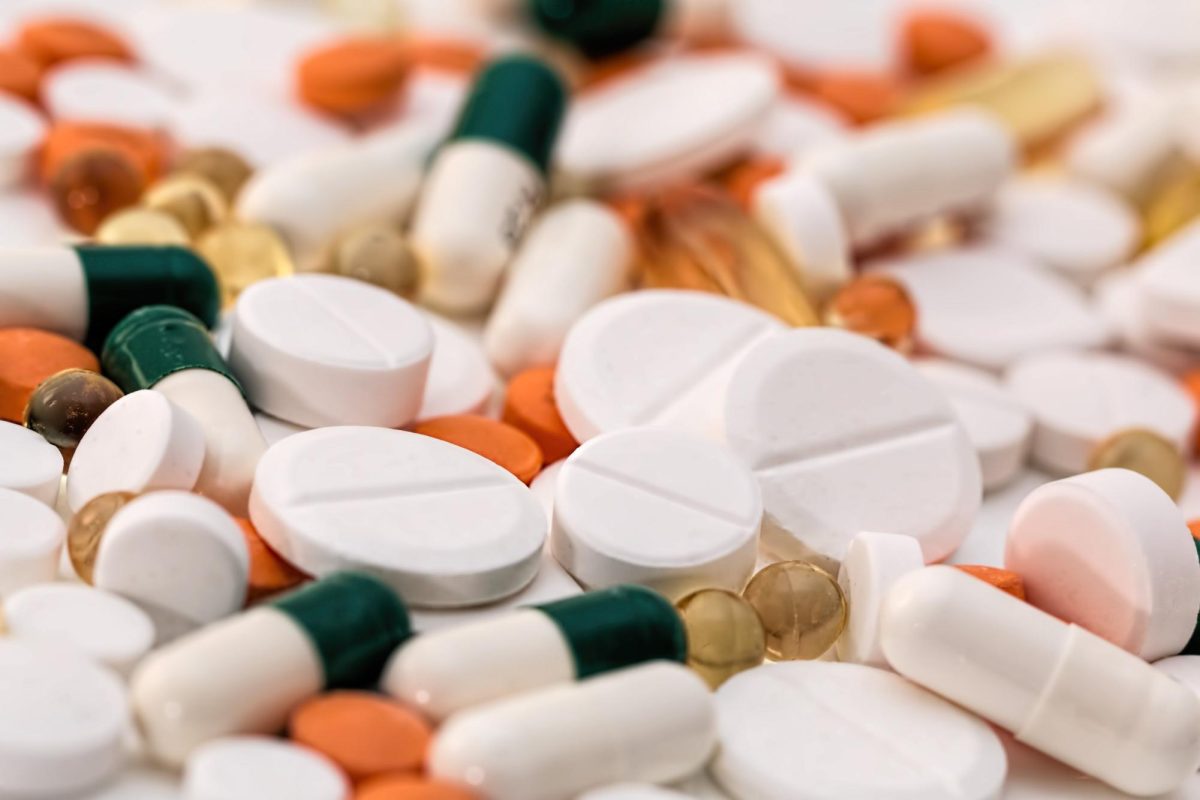On Jan. 5, the Food and Drug Administration (FDA) authorized a new medication importation plan for Florida under section 804 of the Federal Food, Drug, and Cosmetic Act.
This is due to President Biden’s Executive Order on Promoting Competition in the American Economy.
This order directed the FDA to work with states and Native American tribes to help lower medical costs, specifically those of prescription medication, to help support a more affordable path toward public health and safety.
The 804 importation program (from now on referred to as SIP) will allow Florida to outsource prescription medication from other countries such as Canada for exactly two years from the date of the first shipment. However there are stipulations, Florida’s Agency for Health Care Administration will be required to take additional steps to document the medication.
They will be expected to submit drug-specific information on any medication transported through the SIP. They will also have to make sure all medications are being tested and authenticated in compliance with FDA standards as well as relabel all medication bottles with FDA-approved labeling. Finally, Florida will be expected to submit quarterly reports on all imported drugs, costs saved, and potential safety and quality issues.
Florida plans to import drugs to treat HIV, mental illness, and prostate cancer at state-run facilities. This, however, will only happen after Florida gets FDA approval on specific drugs they wish to import. It also means that if any patients have bad reactions to any imported drugs or medications, Florida is responsible for reporting and recalling similar medications.
Reactions to Florida’s Sip are not supportive. Pharmaceutical companies in America have been pushing back since the proposal was first prioritized by Gov, Ron DeSantis and then-Florida House Speaker Jose Oliveria in 2019. This meant Florida taking out a lawsuit against the FDA until they authorized the SIP.
“Ensuring patients have access to needed medicines is critical, but the importation of unapproved medicines, whether from Canada or elsewhere in the world, poses a serious danger to public health,” chief executive of the Pharmaceutical Research and Manufacturers of America Stephen J. Ubl said.
He then went on to say that the industry’s lobbying group intends to heavily oppose this SIP.
Canada has set new restrictions in place against importation to the United States in fear of a drug shortage. The country has made it so drug wholesalers will be unable to ship to the United States and due to the FDA regulations, Florida is not allowed to attain drugs from outside the legitimate supply train. The Canadian agency overseeing public health policy, Health Canada, has stated on multiple occasions that the drug supply in Canada can not support both America and Canada.
“Bulk importation will not provide an effective solution to the problem of high drug prices in the U.S.,” Canada Health said.
Ron DeSantis made a statement about how the change will be a huge improvement, specifically stating this is “after years of federal bureaucrats dragging their feet,” on high prescription prices.
All while President Biden’s administration is focusing on tackling the price of prescription drugs domestically. The biggest push they have made is the Inflation Reduction Act (IRA), which will set maximum amounts of reimbursement received by drugmakers on certain drugs through Medicare.
Yet, the analysts say drug costs will continue to rise for the next three years. TD Cowen released a note from a survey they have conducted for the last twenty-nine years that the IRA’s impact will be very small. This means Americans can look forward to prescription prices’ continual rise at a single-digit-annual rate.
Even with the new Florida Section 804 importation plan and the continued push from President Biden’s administration, costs of medication may continue to rise. As pharmaceutical companies continue to improve and produce new medications, the market will only grow.
Many Americans, including Andrew Mulcahy who is a senior analyst at Rand and gave a briefing to the Florida House of Representatives Health and Human Services Committee on Jan. 8, ask why the American government continues to outsource ways to lower drug costs instead of doing so domestically. Mulcahy stated that while the United States brand name prescriptions are higher than in other countries, the unbranded medications are 57% the cost of the same medications in Canada.
Analysts and policymakers alike are still looking for ways to lower medication costs across America using outside sources as we head into the 2024 election year.










